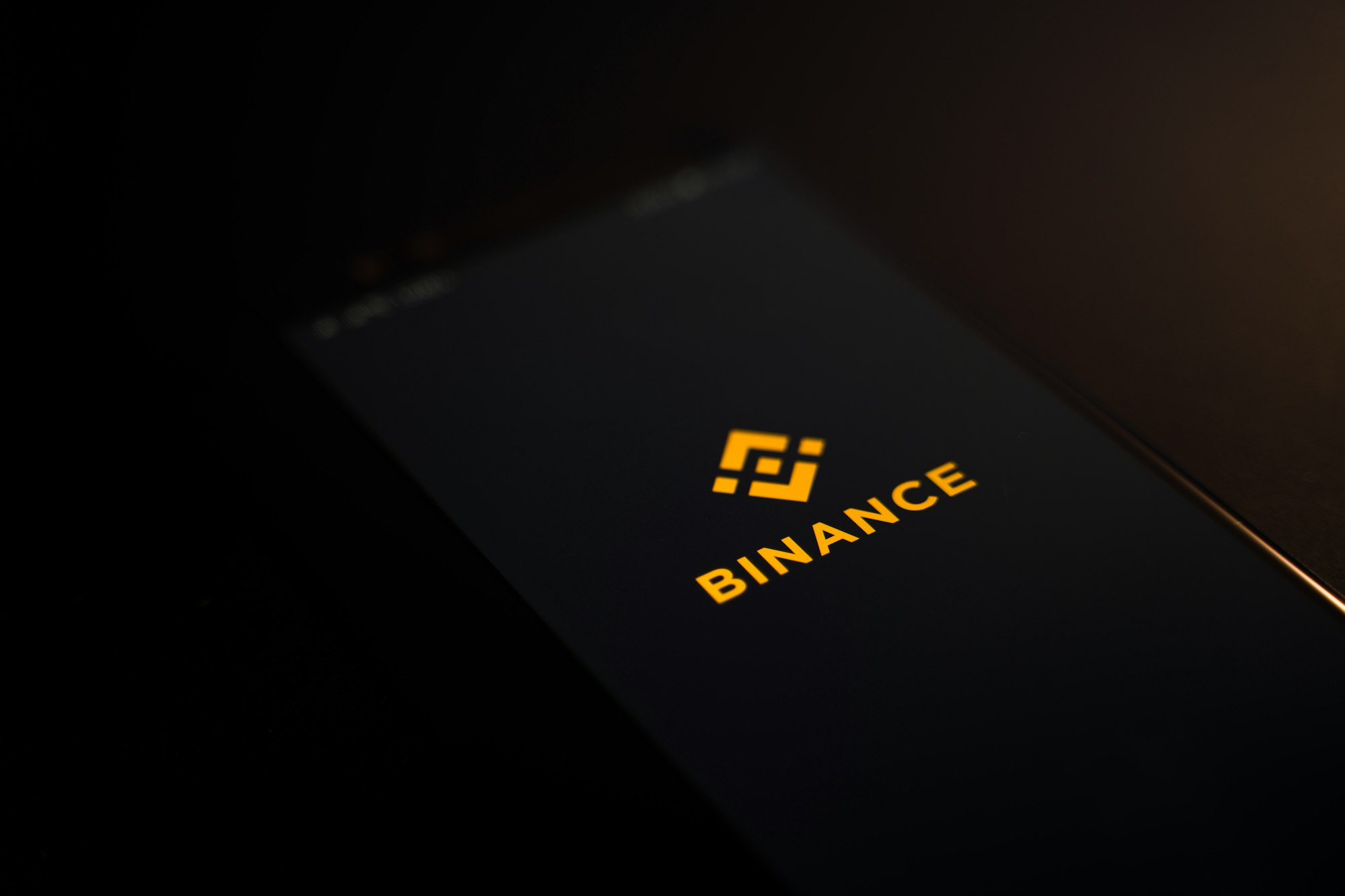Two cryptocurrency exchanges secure regulatory approval in Nigeria
As the crypto market faces new opportunities for innovation, stricter regulations and higher fees that may challenge smaller exchanges.
For many young Nigerians like myself, cryptocurrency has become more than just an investment. It’s a lifeline, especially when the traditional banking system doesn’t always provide the solutions we need.
But we’ve been through a rollercoaster with the Nigerian government's approach to cryptocurrency regulation, from outright bans on crypto trading in 2021 to partial reversals in 2023. This including shutting down the operations of some crypto exchanges like Binance in the country has created challenges for cryptocurrency users in Nigeria, driving many to rely on P2P trading as a means to access and utilize digital assets.
Fortunately, there’s some good news on the horizon. The Nigerian Securities and Exchange Commission (SEC) has provisionally approved two crypto exchanges—Busha Digital and Quidax Technologies—to operate in the country.
This move, according to the SEC, is part of a broader move to bring transparency and heightened safety to Nigeria's growing crypto market. It‘s also part of a push to get more Nigerian youths involved in financial markets.
Additionally, this approval comes after the Central Bank of Nigeria’s (CBN) updates on Virtual Asset Service Providers (VASPs).
To align with the new rules, the SEC launched the Accelerated Regulatory Incubation Program (ARIP), which Busha and Quidax are part of a Regulatory Incubation (RI) program to make sure crypto platforms follow strict guidelines for issuing, holding, and trading assets.
Under the RI program, the SEC approved five digital asset companies—including Trovotech Ltd, Wrapped CBDC Ltd, HousingExhange.NG Ltd, Dream City Capital, and Blockvault Custodian Ltd. These companies will also work closely with the SEC to test new services, especially using distributed ledger technology (DLT).
Interestingly, Wrapped CBDC Ltd, part of the RI program, is leading the development of Nigeria’s first regulated stablecoin, the cNGN, set to launch sometime in 2024. This stablecoin is expected to provide more stability for everyday transactions, especially for cross-border payments.
Not everything is smooth sailing, though. The SEC’s proposal to raise registration fees from 30 million naira to 150 million naira could make it harder for smaller exchanges to compete. Busha and Quidax might handle the higher costs, but smaller players may struggle, potentially limiting options for users.
But the key takeaway here is that the SEC is serious about regulation. For any crypto exchange with hopes to operate in Nigeria, this means they’ll have to follow the SEC strict rules.
Furthermore, the SEC’s evolving approach could either encourage innovation or price out startups. The next few years will show how these changes shape Nigeria’s crypto space—bringing both new opportunities and challenges.








